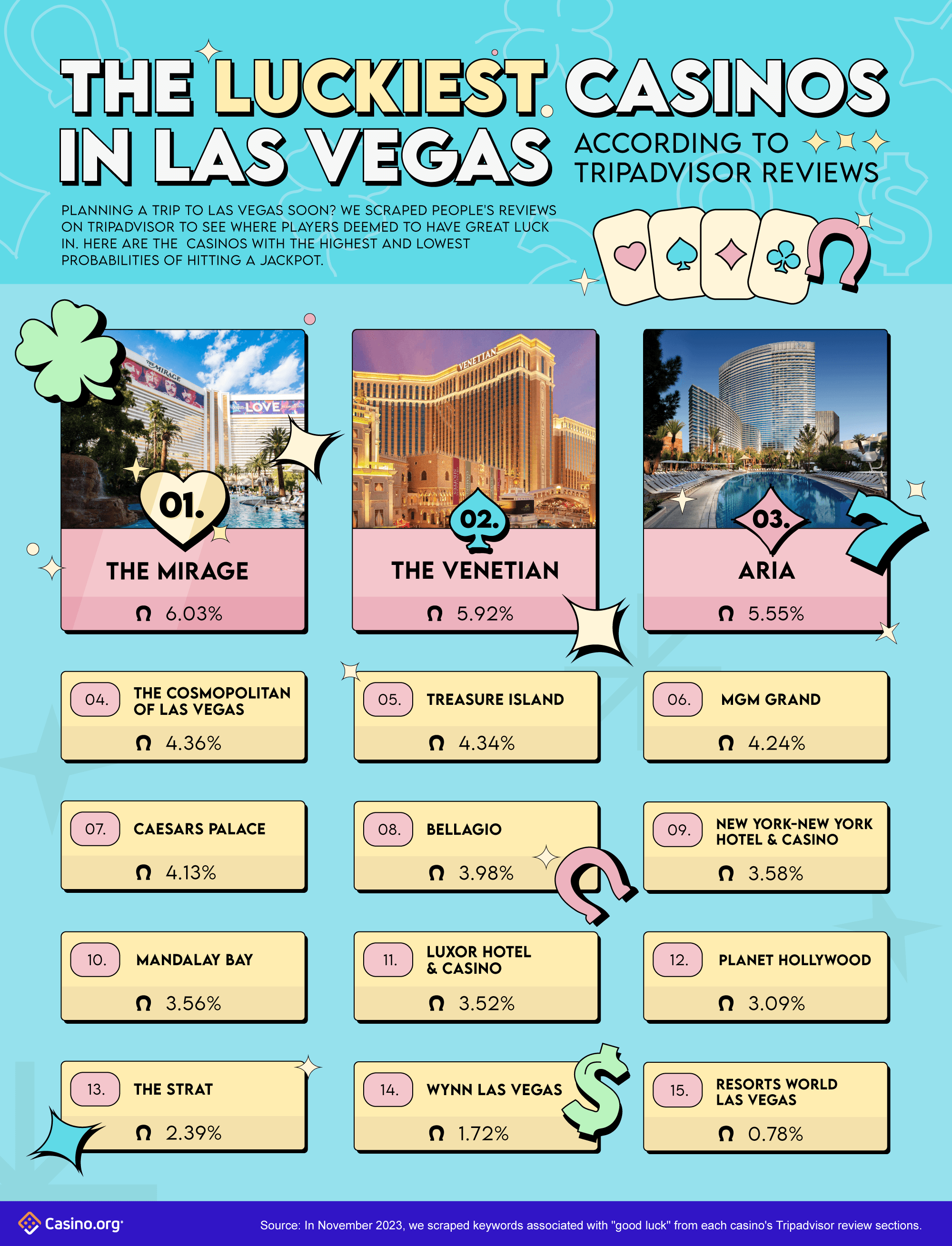Casino games have long been an integral part of human culture, offering not just entertainment but a captivating reflection of our aspirations, ambitions, and fears. From the spinning reels of a slot machine to the tactical play of poker, these games represent a spectrum of human sentiments and events. xin88 At their core, casino games are not just a chance to make profits; they are a reflection of life itself, where risk and reward intertwine and fortunes can change in an instant.
As players convene around tables or sit in front of glowing machines, they participate in a ceremony that transcends mere playing. đăng nhập xin88 These games mirror our instinctive desires for connection, thrill, and the search for fortune. They also reveal deeper truths about human nature, such as our relationship with fate and the adrenaline of risk. In exploring casino games, we discover not only the nuances of play but also the complex weave of the human story, showcasing our intertwining narratives of goal and reality.
The Psychology of Gambling
Gambling is deeply rooted in human psychology, tapping into various feelings and desires. The thrill of taking risks is a fundamental aspect that draws players in, be it it’s thrill of spinning a roulette wheel or the anticipation of drawing a winning card in a poker game. This adrenaline is often compared to other forms of thrill, as the unpredictability of outcomes triggers a unique psychological response. Players often become entranced by the chance of winning big, leading to an irresistible draw toward casino games.
Additionally, an essential component of the psychology behind gambling is the concept of hope and ambition. Players often nourish fantasies of financial freedom and the opulent lifestyle that can accompany winning. This optimism fuels their ongoing participation in gambling, as it provides a sense of purpose and the conviction that a life-changing win could be just one wager away. The narrative of overcoming odds and finding success resonates with many, reinforcing their commitment to play and involve themselves with these games.
Lastly, social dynamics play a crucial role in gambling psychology. Casino environments are designed to foster social interaction, where players gather to share the journey of wins and losses. This communal aspect not only amplifies enjoyment but also affects behavior, as individuals often mimic the actions of others in their vicinity. The social validation found in mutual thrill can magnify the emotional experience, making casino games a reflection of not just personal desires but also collective engagement within the gaming community.
### Risk and Reward: A Double-Edged Sword
Casino games embody the subtle balance between risk and reward that resonates profoundly with the human experience. The excitement of placing a wager is often accompanied by a rush of adrenaline, as participants are confronted with the chance of winning big, yet cognizant of the potential to lose. This bipartisan experience reflects a fundamental aspect of life: the decisions we face often come with inherent risks, and the chase for gain can compel us to make risky moves we might not otherwise consider. In this way, casino games reflect real-world decisions, enticing gamblers to gamble not just their capital, but also their hopes.
The allure of jackpot prizes and winnings fuels a sense of optimism, inspiring gamblers to envision a more promising future that could arise from a fortunate turn of the wheel or flip of a card. This positive outlook can motivate individuals to engage in greater risks, pushing them to extend their limits in search of monetary success. However, just as in life, the results of these risks can lead to both triumph and loss. The narratives of both jackpot winners and those who have suffered everything at the tables demonstrate the chaotic nature of chance and its significant impact on our futures.

Ultimately, the interaction of engaging with casino games serves as a potent reminder of the nature of humanity. Every game played is loaded with the tension of ambiguity, as gamblers weigh the rewards against the risks. This interaction not only highlights the thrill that comes with gambling but also unveils the risks that come with the longing for more. As we explore the complexities of choice and results in both the gambling world and in life, we find that the pursuit of risk and reward shapes our character and experiences in profound ways.
Society and Solitude in Casino Culture
Gambling culture is a special mix of communal engagement and personal endeavor, reflecting the contrasts of human experience. Players often come together around tables, experiencing in the thrill of the action, rejoicing in wins, and sympathizing over losses. This social aspect is vital, as it establishes a sense of community and camaraderie among diverse groups of people. Regular attendees to casinos may form friendships and establish routines, turning the gambling venue into a alternative home where they feel connected to a greater community of players.
However, the allure of casino games can also result to isolation. As players become engrossed in the thrill of playing, they may withdraw from personal relationships or neglect to engage with the environment outside the casino. For some, the search of a jackpot can distract from genuine connections, leading to isolation. The experience of being surrounded people yet experiencing solitary is not rare, as the attention shifts from collective fun to the private stakes of each individual’s journey.
This interaction of community and solitude creates a vivid tapestry that defines gaming atmosphere. It highlights the complexity of social interactions, where joy and despair coexist. Gambling venues serve as both a refuge for social interaction and a stage for individual challenges, demonstrating how intimately connected our desire for connection and the individual quest for fortune can be. In navigating this landscape, players confront their own stories—seeking both the thrill of the wager and the fellowship of fellow players, eventually reflecting the broader spectrum of individual experience.